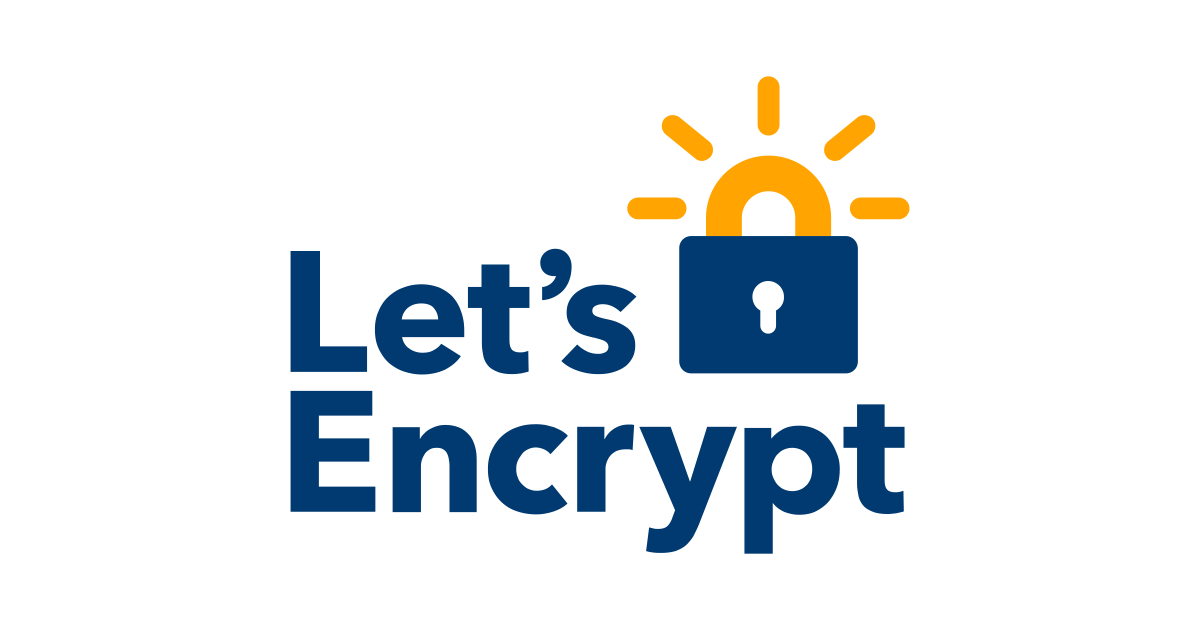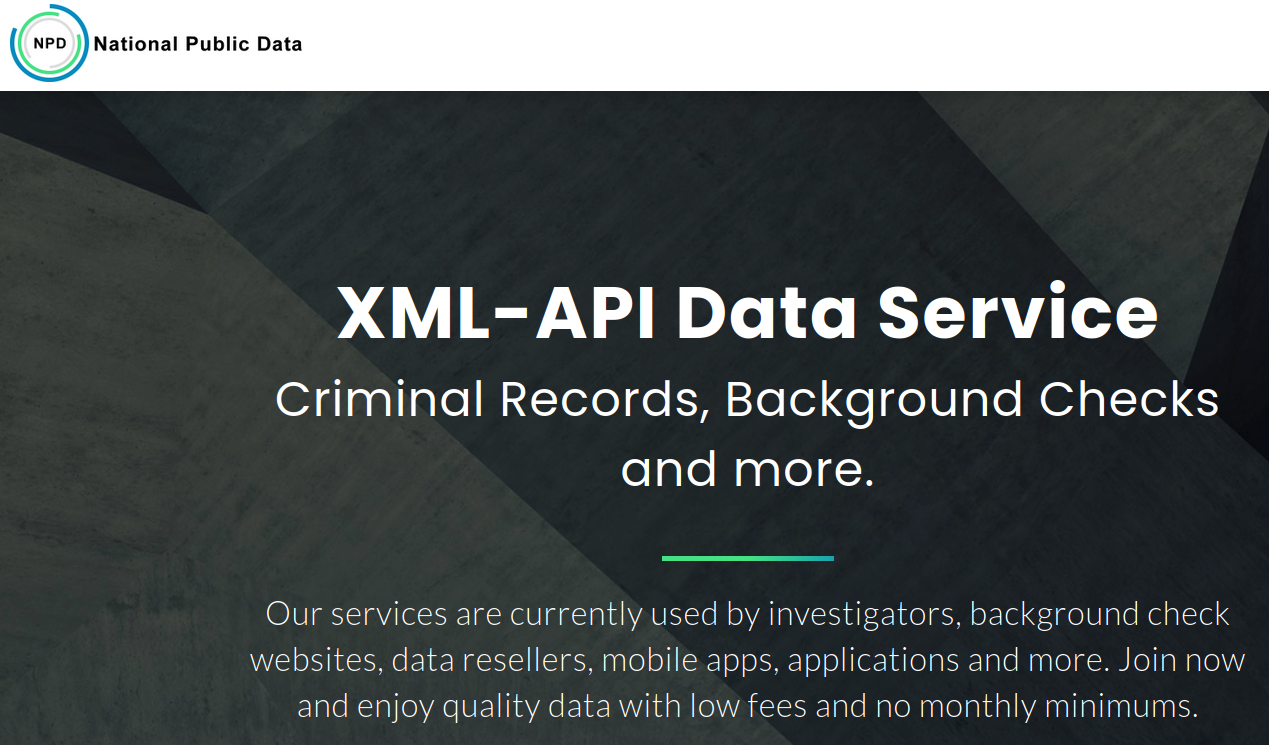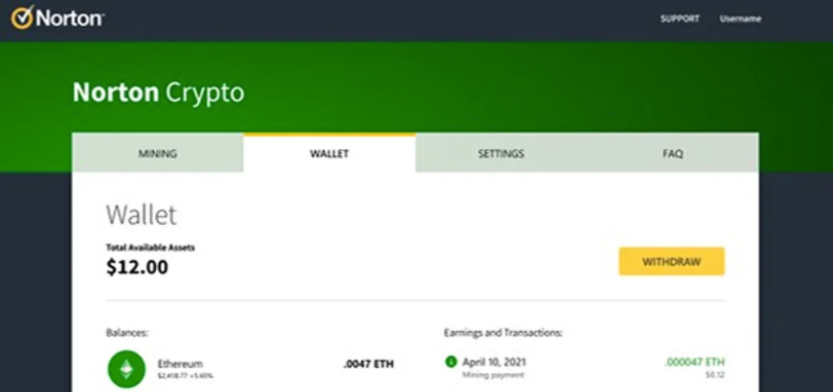Our role in supporting the nonprofit ecosystem
For more than ten years, we at the nonprofit Internet Security Research Group (ISRG) have been focused on our mission of building a more secure and privacy-respecting Internet for everyone, everywhere. As we touch on in our 2023 Annual Report, we now serve more than 360 million domains with free TLS certificates. Beyond being a big number, what does that signify? What’s the importance of having TLS being widely adopted anyways? We’ll take a closer look at these questions through the lens of one group of Subscribers we can relate to particularly well: nonprofits. Serving .org at Internet scale Let’s Encrypt serves 57% of all websites using the .org top level domain (TLD), which is commonly used by nonprofits. In the US alone there are 1.8M registered nonprofit organizations. And while the focus of these organizations are varied, all of them rely on the Internet in some capacity. When a nonprofit uses a TLS certificate on their website, it protects their visitors and stakeholders from snoopers, MITM attacks, and surveillance. Without TLS, nonprofits' content could be changed without their knowledge or their visitors' private information could be compromised. Access to free and automated TLS via Let’s Encrypt means these nonprofits face as few barriers as possible to adopting TLS. In short, something as fundamental as security and privacy should be as easy to access as possible. For nonprofits both large and small, Let’s Encrypt makes it easy to provide security and privacy for users of their websites, enabling them to remain focused on their missions. Zooming in on three nonprofits we serve The American Civil Liberties Union (ACLU) uses Let’s Encrypt as it works to realize its focus of being a “guardian of liberty” for US citizens. Using Let’s Encrypt protects ACLU’s constituents when they’re trying to know their rights or take action. With more than 4 million page views per month, ACLU’s website is a critical part of their mission. Human Rights Watch (HRW) is an international nonprofit organization. With more than 500 individuals on staff around the world, HRW’s website is a trove of information empowering individuals and organizations alike to be informed and take action with a global perspective. Nearly 70% of HRW’s web traffic comes from people outside of the United States; that’s millions of page views per month secured by Let’s Encrypt—and by extension, millions of people around the world benefitting from a more secure and privacy-respecting Web. The Center for Democracy & Technology (CDT) uses Let’s Encrypt to advance its mission to promote democratic values by shaping technology policy and architecture, with a focus on the rights of the individual. The CDT website offers updated and insightful information into the ways policy and innovation impact the digital space. Without a TLS certificate, the content of these pages could be intercepted and changed. What’s more, for those looking to financially support CDT, using TLS on their donation page encrypts the transaction protecting user details such as credit card and other personal information. Mallory Knodel, CTO at CDT and longtime digital rights defender and advocate commented, “Billions of people in over 60 countries access the internet with less censorship and surveillance because Let’s Encrypt hastened the adoption of web security measures by making certificates easy to obtain.” Serving philanthropic foundations In the United States, the work of nonprofits is made possible in large part through philanthropic foundations and organizations. When it comes to philanthropy’s web presence, Let’s Encrypt is there, too. We provide TLS to billion dollar philanthropic organizations like the Hewlett Foundation, the Silicon Valley Community Foundation, Yield Giving, and many others. Taking a look at the top 50 philanthropic organizations around the world, Let’s Encrypt serves 36% of them. For large philanthropies, their website is the primary tool they have to communicate their focus areas for future funding as well as the impact they’ve made with past giving. One of the leading philanthropists in the US, Craig Newmark, uses Let’s Encrypt and Digital Ocean for his website, craig newmark philanthropies. Commenting on our work, Craig recently shared, “The people at ISRG have been helping protect the Internet for over ten years, and continue to protect us all. They’re a necessary part of Cyber Civil Defense and national security.” Overall, while Let’s Encrypt aims to build a better Internet, we’re particularly proud that our impact protects those seeking to build a better world. Internet Security Research Group (ISRG) is the parent organization of Prossimo, Let’s Encrypt, and Divvi Up. ISRG is a 501(c)(3) nonprofit. If you’d like to support our work, please consider getting involved, donating, or encouraging your company to become a sponsor.

For more than ten years, we at the nonprofit Internet Security Research Group (ISRG) have been focused on our mission of building a more secure and privacy-respecting Internet for everyone, everywhere. As we touch on in our 2023 Annual Report, we now serve more than 360 million domains with free TLS certificates.
Beyond being a big number, what does that signify? What’s the importance of having TLS being widely adopted anyways? We’ll take a closer look at these questions through the lens of one group of Subscribers we can relate to particularly well: nonprofits.
Serving .org at Internet scale
Let’s Encrypt serves 57% of all websites using the .org top level domain (TLD), which is commonly used by nonprofits. In the US alone there are 1.8M registered nonprofit organizations. And while the focus of these organizations are varied, all of them rely on the Internet in some capacity.
When a nonprofit uses a TLS certificate on their website, it protects their visitors and stakeholders from snoopers, MITM attacks, and surveillance. Without TLS, nonprofits' content could be changed without their knowledge or their visitors' private information could be compromised. Access to free and automated TLS via Let’s Encrypt means these nonprofits face as few barriers as possible to adopting TLS.
In short, something as fundamental as security and privacy should be as easy to access as possible. For nonprofits both large and small, Let’s Encrypt makes it easy to provide security and privacy for users of their websites, enabling them to remain focused on their missions.
Zooming in on three nonprofits we serve
The American Civil Liberties Union (ACLU) uses Let’s Encrypt as it works to realize its focus of being a “guardian of liberty” for US citizens. Using Let’s Encrypt protects ACLU’s constituents when they’re trying to know their rights or take action. With more than 4 million page views per month, ACLU’s website is a critical part of their mission.
Human Rights Watch (HRW) is an international nonprofit organization. With more than 500 individuals on staff around the world, HRW’s website is a trove of information empowering individuals and organizations alike to be informed and take action with a global perspective. Nearly 70% of HRW’s web traffic comes from people outside of the United States; that’s millions of page views per month secured by Let’s Encrypt—and by extension, millions of people around the world benefitting from a more secure and privacy-respecting Web.
The Center for Democracy & Technology (CDT) uses Let’s Encrypt to advance its mission to promote democratic values by shaping technology policy and architecture, with a focus on the rights of the individual. The CDT website offers updated and insightful information into the ways policy and innovation impact the digital space. Without a TLS certificate, the content of these pages could be intercepted and changed. What’s more, for those looking to financially support CDT, using TLS on their donation page encrypts the transaction protecting user details such as credit card and other personal information. Mallory Knodel, CTO at CDT and longtime digital rights defender and advocate commented, “Billions of people in over 60 countries access the internet with less censorship and surveillance because Let’s Encrypt hastened the adoption of web security measures by making certificates easy to obtain.”
Serving philanthropic foundations
In the United States, the work of nonprofits is made possible in large part through philanthropic foundations and organizations. When it comes to philanthropy’s web presence, Let’s Encrypt is there, too.
We provide TLS to billion dollar philanthropic organizations like the Hewlett Foundation, the Silicon Valley Community Foundation, Yield Giving, and many others. Taking a look at the top 50 philanthropic organizations around the world, Let’s Encrypt serves 36% of them. For large philanthropies, their website is the primary tool they have to communicate their focus areas for future funding as well as the impact they’ve made with past giving.
One of the leading philanthropists in the US, Craig Newmark, uses Let’s Encrypt and Digital Ocean for his website, craig newmark philanthropies. Commenting on our work, Craig recently shared, “The people at ISRG have been helping protect the Internet for over ten years, and continue to protect us all. They’re a necessary part of Cyber Civil Defense and national security.”
Overall, while Let’s Encrypt aims to build a better Internet, we’re particularly proud that our impact protects those seeking to build a better world.
Internet Security Research Group (ISRG) is the parent organization of Prossimo, Let’s Encrypt, and Divvi Up. ISRG is a 501(c)(3) nonprofit. If you’d like to support our work, please consider getting involved, donating, or encouraging your company to become a sponsor.





































